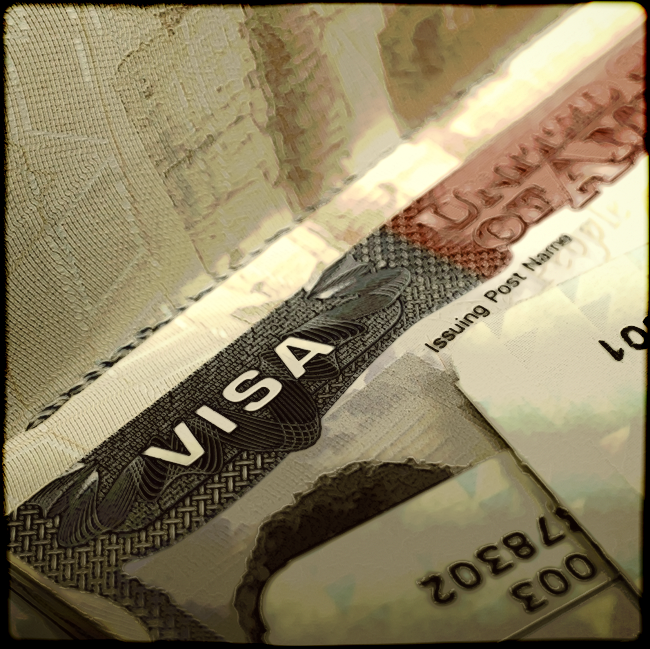
The fact about the "Diversity Visa Lottery" that dare not speak its name is that about half of the aliens who win the lottery either reject the prospect of actually coming to America, won't pay the $330 fee, or are found to be unqualified (despite the lottery's loose standards).
That half of the winners won't or cannot use their apparent good luck is rarely discussed; it might suggest that the pool of potential migrants is not that interested in our country, or entered the lottery despite the fact that they were not eligible. Discussing this would cast aspersions on the potential migrant pool, and that would be politically incorrect. So it is not discussed. (It is also a little obscure.)
Every year many millions of aliens apply for the visa lottery, which was established by the Immigration Act of 1990. As result, about 50,000 new visas are given each year to people with no ties to the States, no particular skills, no refugee status, and no moral claim for the visa. (The statute sets the number at 55,000, but that's been reduced to 50,000 for reasons that aren't important here.)
But there is a step between the initial applications of 14,418,067 in 2015 (that first stage requires no fee) and the 49,377 visas and adjustments issued that year. In order to make sure that the entire allotment of 50,000 (or near it) is used, the State Department routinely draws 100,000 names out of the proverbial hat for further processing.
The lottery is "overbooked," as it were, because about half the winners drop out or are forced out in a screening process, and thus never get a green card.
My modest suggestion: Let's use the clever precedent of the previous administration (they were great at redefining words to expand migration) and modify the language of the act, or the regulations, so that we, indeed, offer 50,000 visas from the lottery to those who have applied, but if someone does not want a visa, or won't pay, or doesn't qualify, well, that means one fewer person coming to the States in this manner. This would preserve the program and preserve the 50,000 number, but potentially halve the actual number of green cards handed out, and thus the impact on our population. (It would be a better idea to kill the whole program, of course, but that may be difficult.)
The rules for the program are these: Aliens who live in countries that have not already contributed a lot of immigrants to the United States may, if they are over 18, apply via computer to the lottery. They are supposed to be either high school grads or have had two years of training in a particular occupation, and to be free of a serious criminal record. Most of the applicants are from Asia and Africa.
DACA Comparison Meanwhile another population, those in Deferred Action for Childhood Arrivals (DACA) status, showed a little more enthusiasm for legal status in America than the Diversity Lottery eligibles. As CNN reported, of the 154,000 DACA's with expiring status recently, some 36,000 (or 23 percent) have ignored the opportunity to extend.
Two thoughts:
- Why haven't more people pointed out this slap in the face to the image of the Dreamers and their ballyhooed desire to do great things for the United States. The $495 fee was not a bet, as with the first round diversity lottery winners; DHS routinely approves more than 90 percent of the DACA extension applications. Why should the nation go out of its way to be generous with the DACA population when the re-up rate is so low?
- The 23 percent rejection-of-America percentage is much lower, however, among the DACAs than the 50 percent or so among the first round visa lottery winners. I suspect that the difference between these two rejection ratios relates to sheer economics. It is easier, even if you're a lightly educated, monolingual alien, until recently an illegal, to raise $495 in the States, than it is for the average Diversity Lottery eligible to raise $330 in places like Uzbekistan or Congo.
H-1B Comparison. This is by definition mostly a low-income population. The State Department demands the $330 payment from those initially selected, with no possibility that the fee will be returned, even if the application is rejected. This seems perfectly acceptable to me. Paying such a fee for a 50-50 chance to come to this country seems to be a screaming bargain.
Meanwhile, in a roughly similar situation, but involving corporations, mostly large ones, the Department of Homeland Security will refund the much higher H-1B fees for the employers filing non-winning applications.
As they used to say along the frontier "'ems that has, gits."
